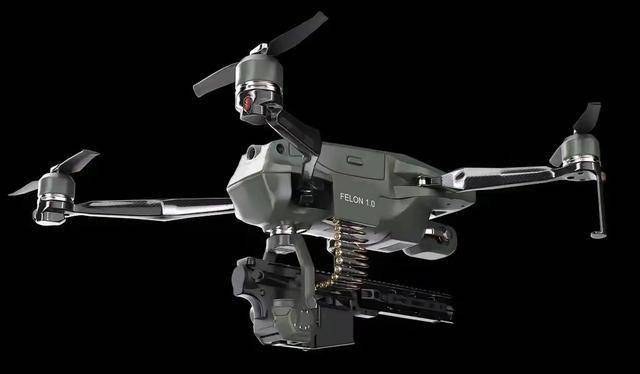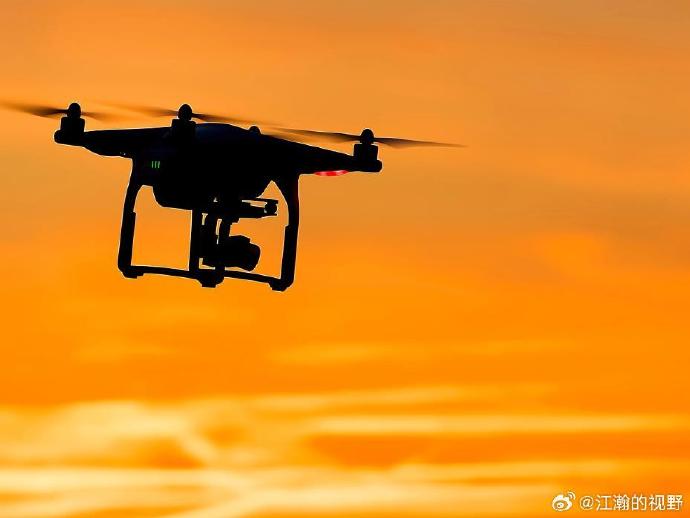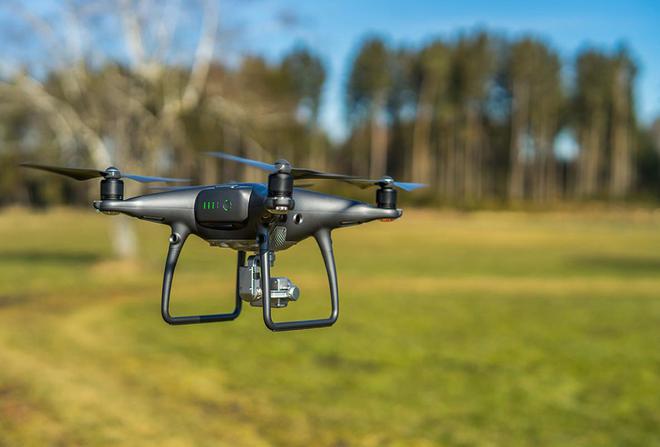 world. Traditional drones, often conspicuous and noisy, have limitations regarding stealth and maneuverability. Bird drones, however, are crafted to emulate avian flight patterns, which allows them to glide seamlessly through varied terrains undetected. Their usage is various: from military reconnaissance operations to monitoring endangered species in their natural habitat. These robotic birds are equipped with advanced sensors and cameras that provide high-resolution imagery, capturing details that human eyes might miss. The bird-like design fundamentally alters how drones are perceived, reducing the likelihood of disturbing wildlife or causing alarm among bystanders. In disaster management, bird drones prove invaluable due to their ability to navigate through difficult-to-reach areas, providing crucial information that can aid in rescue operations or assessing damage. Moreover, their environment-friendly operation is a plus for ecological studies, as they can silently monitor species without introducing disturbances, preserving the integrity of the ecosystem. Despite the myriad benefits, the utilization of bird drones raises ethical questions, particularly concerning privacy and consent. While their covert nature is a technological marvel, it poses challenges about surveillance policies and individual rights. Balancing innovation with ethical considerations will be imperative as bird drones become more prevalent. The potential of bird drones extends beyond just surveillance. Researchers are exploring their application in
world. Traditional drones, often conspicuous and noisy, have limitations regarding stealth and maneuverability. Bird drones, however, are crafted to emulate avian flight patterns, which allows them to glide seamlessly through varied terrains undetected. Their usage is various: from military reconnaissance operations to monitoring endangered species in their natural habitat. These robotic birds are equipped with advanced sensors and cameras that provide high-resolution imagery, capturing details that human eyes might miss. The bird-like design fundamentally alters how drones are perceived, reducing the likelihood of disturbing wildlife or causing alarm among bystanders. In disaster management, bird drones prove invaluable due to their ability to navigate through difficult-to-reach areas, providing crucial information that can aid in rescue operations or assessing damage. Moreover, their environment-friendly operation is a plus for ecological studies, as they can silently monitor species without introducing disturbances, preserving the integrity of the ecosystem. Despite the myriad benefits, the utilization of bird drones raises ethical questions, particularly concerning privacy and consent. While their covert nature is a technological marvel, it poses challenges about surveillance policies and individual rights. Balancing innovation with ethical considerations will be imperative as bird drones become more prevalent. The potential of bird drones extends beyond just surveillance. Researchers are exploring their application in
, using their capabilities to assist in crop health monitoring and pest control. This innovation could revolutionize farming practices, enhancing both yields and sustainability. Integration of AI and machine learning further augments the capabilities of bird drones. Such advancements enable them to interpret collected data autonomously, making informed decisions based on real-time analysis. This trait is essential for operations that require quick responses, such as disaster relief efforts or battlefield reconnaissance. The future of bird drones seems promising, given the continuous technological advancements and their diverse applications. It is crucial, however, that as society embraces this transition, we remain vigilant about the implications on privacy and societal norms. Through harnessing the concept of bio-inspired design, bird drones offer a glimpse into tomorrow’s world, one where technology and nature intertwine in harmonious coexistence.
FAQs
What are bird drones?
Bird drones are unmanned aerial vehicles (UAVs) designed to mimic the appearance and flight patterns of birds, used for various applications such as surveillance, environmental monitoring, and research.
How do bird drones help in environmental monitoring?
Equipped with advanced cameras and sensors, bird drones can gather data on wildlife populations, habitat conditions, and ecological changes without disturbing the natural environment.
Are there privacy concerns with bird drones?
Yes, due to their covert nature, bird drones pose significant privacy concerns, requiring careful consideration and regulation to balance benefits and ethical implications.

